

Noah Goldstein, Esq.
Todd Roth, Esq.
Sara Simon, Esq.



Noah Goldstein, Esq.
Todd Roth, Esq.
Sara Simon, Esq.

• The views expressed by us are merely personal opinions. They do not necessarily reflect the views of our current or past employers.
• Nothing we say should be considered legal advice.
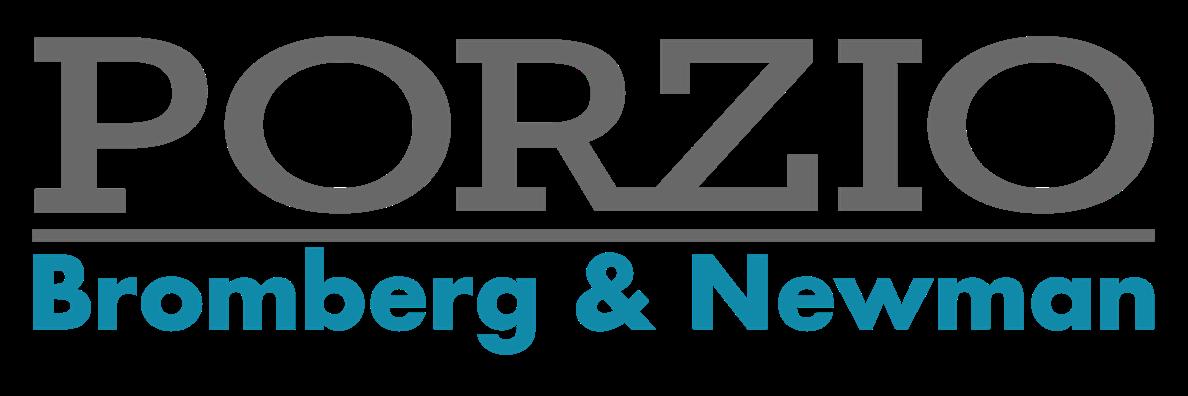

• Enforcement Background and Focus
• Government Scrutiny of Third-Party Arrangements
• Enforcement Landscape
• Practical Takeaways


The Anti-Kickback Statute (42 U.S.C. §1320a-7b(b) “AKS”) prohibits: the offering, paying, soliciting, or receiving of “remuneration” to induce or in exchange for the order, purchase, use, prescription or recommendation of products, or the referral of an individual for an item or service reimbursable under a Federal Healthcare Program.
Penalties can be both civil and criminal, resulting in fines and/or imprisonment**
** In 2010, AKS was amended so that any kickback that caused a claim to be presented to the government for payment would result in a false claim, implicating the False Claims Act

Prohibited Remuneration includes: Outright bribes Rebate schemes, or any: Payment, Gift, or Remuneration which has as one of its purposes the intent to induce an HCP to use a company’s products or to influence or recommend such product






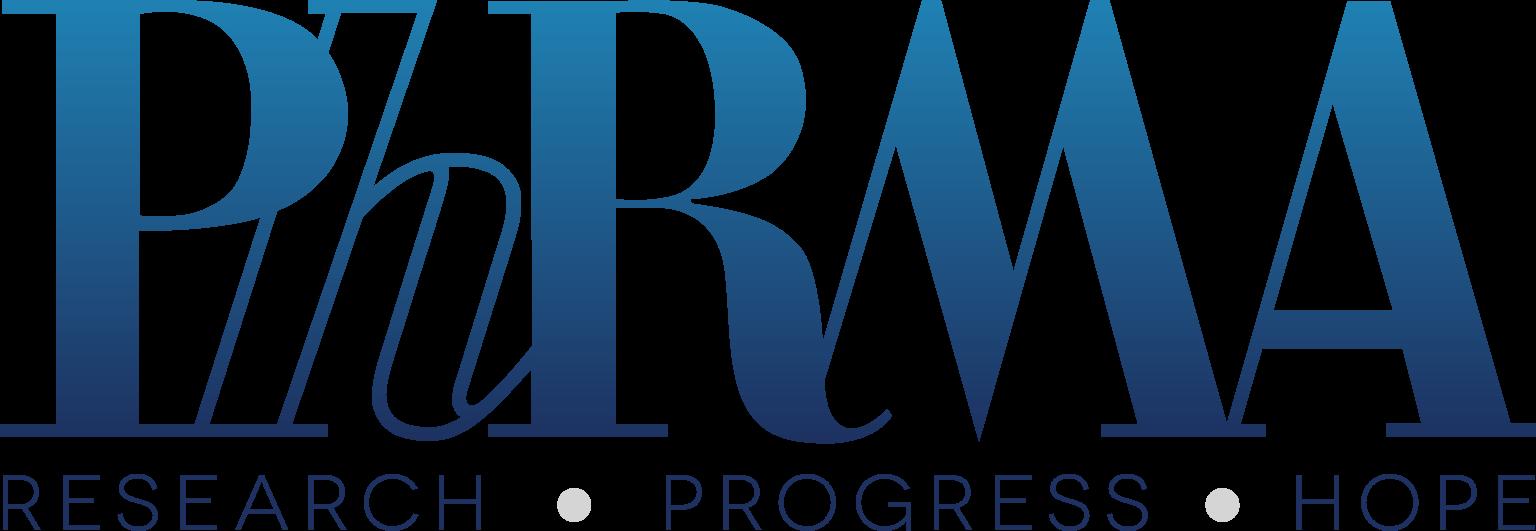
• Compliance with PhRMA Code also helps minimize the exposure to liability under FDA regulations, the Anti-Kickback Statute and the False Claims Act
• All interactions and engagements with HCPs must not influence, interfere with or diminish, or appear to influence, interfere with or diminish an HCP’s objectivity, professional judgment, or any HCP’s decision-making in patient care or clinical activities
• Interactions with those who are in a position to purchase, prescribe or set prices (or make recommendations related to the same) now or in the future must be conducted in a fair and ethical manner

• Of the more than $2.9 billion in False Claims Act settlements and judgments reported by the U.S. Department of Justice, over $1.67 billion related to matters that involved the health care industry
• The amounts included in the $1.67 billion reflect recoveries arising from only federal losses, and, in many of these cases, the Department was instrumental in recovering additional amounts for state Medicaid programs
• Whistleblowers filed a record 979 qui tam suits, and of the more than $2.9 billion in settlements and judgments reported by the government, over $2.4 billion arose from qui tam lawsuits pursued by either the government or whistleblowers
FY 2024 ended 9/30/2024


“The department is committed to protecting the integrity of federal health care programs and the medical care received by their beneficiaries. A primary focus of this effort is the pursuit of kickback schemes that can allow third parties, such as pharmaceutical manufactures [sic], to insert themselves into the doctor-patient relationship and potentially undermine the objectivity of treatment decisions by physicians and patients.”
“We are always on the lookout for financial kickbacks that can improperly influence medical decisions, undermine patient care and cause waste to federal healthcare programs. As medical practices evolve, our office is committed to ferreting out improper financial kickbacks of any permutation.”
“Prescription decisions should be based on accurate data regarding a patient’s medical needs, untainted by corrupt schemes and illegal kickbacks.”
“Not all kickbacks come in the form of cash going into a doctor’s or a patient’s pocket.”

Enter Non-Traditional Third-Party Arrangements

Manufacturer-Sponsored Testing Arrangements
Electronic Health Record (EHR)
Vendor/Payment Arrangements

• Manufacturer (“Company”) of two FDA-approved drugs that treat the hereditary form of a disease to help reduce related mortality and hospitalization (“Drug(s”))
• Arrangement involves the Company covering the cost of genetic testing to identify gene mutation that causes “hereditary” form of the disease or determines which variant a patient may have, as well as genetic counseling in the event of a positive result (at patient’s option)
• Testing vendor provides de-identified monthly reports to company to track participation
• Company personnel not permitted to solicit information about ordering of testing from providers
• Sales force cannot access data received from Vendors
• Distribution of informational materials about the program to HCPs does not take into account medication usage or prescribing history; no proactive information about the arrangement provided to patients or their families
• Counseling vendor not permitted to promote the Drug(s) to patients, their family members, providers, or payors


• Finding
• Arrangement implicates Anti-Kickback Statute (and Beneficiary Inducements CMP) but OIG found it posed a “sufficiently low” risk of fraud and abuse
• Confers value on physicians by allowing them to offer a service, at no cost to them/their patients, which may create “opportunity” for physicians to bill for other services
• The “free” genetic testing and counseling services provided through the arrangement are “inherently valuable”
• Analysis
• Unlikely to result in overutilization/inappropriate utilization
• No data/not medically appropriate to support use of the Drug(s) for patients that have not been diagnosed with the disease (even with a positive test result)
• Arrangement incorporated clear and objective patient criteria with the ordering HCP required to sign an attestation regarding the patient’s eligibility criteria and clinical appropriateness of testing
• Different result if more “direct” nexus (not “attenuated”) between the offered remuneration and the resulting ordering of the drug(s)
• Unlikely to skew clinical decision making
• Unlikely to be concerns about patient safety or quality of care
• Safeguards to prevent use of Arrangement as marketing or sales tool to induce physicians to order additional items and services

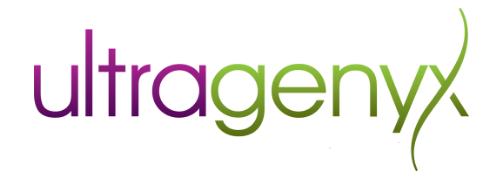

• December 2023 – $6 Million settlement to resolve AKS and FCA allegations
• Alleged improper “payments” for genetic testing to identify a genetic mutation consistent with rare genetic disorder for which the Company had recently received FDA approval for a drug to treat such disorder (patient population with the disorder was extremely small, between 500-1,000 patients)
• Positive test result required for:
• HCPs to definitively diagnose the disorder; and
• Insurers, including Medicare and Medicaid, to approve treatment coverage
• Company emails and documents revealed that patient “liaisons” were tasked with identifying HCPs with patients affected by the disease for which the drug would be indicated, i.e. those who tested positive (the Company shared the deidentified results with sales and marketing and the names of the HCPs who ordered the test)
• Once identified, the HCPs were called on by various members of Ultragenyx’s sales team to convince the HCP to prescribe the drug

“Today’s settlement makes it crystal clear that pharmaceutical companies like Ultragenyx will not be allowed to exploit patient data to target patients for treatments in order to boost their bottom line at the expense of taxpayer-funded health care programs.”
“Let this case be a warning to others that the FBI and our law enforcement partners are hard at work investigating allegations of health care fraud, and anyone engaging in similar conduct will face similar consequences.”
-Jodi Cohen, special agent in charge of the Federal Bureau of Investigation’s Boston Division


• November 2024 – $47 Million settlement to resolve AKS and FCA allegations that free Carbon-13 testing services were distributed to health care providers to induce claims for QOL’s drug Sucraid, the only FDA-approved therapy for Congenital Sucrase-Isomaltase Deficiency (“CSID”)
• 5-year Corporate Integrity Agreement (“CIA”) with OIG
• QOL paid laboratory to analyze the tests (which did not definitively diagnose CSID), report the results to health care providers and provide de-identified patient results with name of the ordering health care provider to QOL
• QOL commercial team disseminated this information to its sales force, instructing them to make sales calls to health care providers whose patients had positive Carbon-13 test results to promote treatment with Sucraid
• QOL tracked whether sales representatives converted “positive” Carbon-13 tests into Sucraid prescriptions and made claims to health care providers about the Carbon-13 test’s ability to definitively diagnose CSID

“QOL provided free goods to doctors and patients in order to induce prescriptions for the very expensive drug QOL manufactured.”
“Not all kickbacks come in the form of cash going into a doctor’s or a patient’s pocket. Here, the defendants relied on free breath tests and misleading sales tactics to drive patients to their product. This conduct unnecessarily drained money from the federal health care programs and improperly influenced treatment decisions by physicians and their patients.”
-Acting U.S. Attorney Joshua S. Levy for the District of Massachusetts

• Company provides general, unbranded disease state awareness about an ultra-rare condition on two websites – one directed at the general public/patients (which also included information about how to access genetic testing, paid for by the Company) and the other directed toward HCPs (which also provided information about how genetic testing could be diagnostic tool for the condition)
• Test must be ordered by a physician who attests it is “clinically appropriate” for patients meeting certain eligibility criteria
• Company also sponsors genetic counseling for eligible patients who receive a genetic test under the Arrangement
• Testing lab provides limited, de-identified information about the general operations of the Arrangement to the Company including:
• Aggregate patient demographics
• Test result data
• # and types of tests performed and timing of lab results
• No identifiable patient data and no information about the ordering HCP provided to Company


• Finding
• Arrangement implicates Anti-Kickback Statute (and Beneficiary Inducements CMP) but OIG found that it posed a “sufficiently low” risk of fraud and abuse
• Confers value on physicians by allowing them to offer a service, at no cost to them/their patients, which may create “opportunity” for physicians to bill for other services
• Analysis
• Reduced risk of overutilization/inappropriate utilization
• “specific and narrow eligibility criteria” for genetic tests and counseling
• Testing more likely to rule out conditions rather than result in a diagnosis of the condition for which Company produces a drug
• Unlikely to skew clinical decision making or raise concerns regarding patient safety or quality of care
• “Importantly, [Company] does not receive any information that identifies the prescribers who order the genetic tests or the genetic counseling or the patients who receive the genetic tests or genetic counseling. Therefore, [Company] cannot target any marketing of the Drug based on the Arrangement.”
• Safeguards to limit opportunities for lab to be a “direct” or “indirect” referral source for Company’s drug

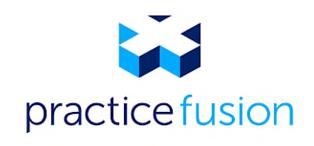
• January 2020 – EHR company Practice Fusion entered into a $145 million settlement agreement to resolve criminal and civil chargesthat it engaged in a kickback scheme aimed at increasing opioid prescriptions
• Practice Fusion solicited and received kickbacks from Purdue Pharma in exchange for implementing clinical decision support (CDS) alerts in its EHR software
• EHR alertswere designed to increase prescriptions for Purdue’s opioid drug products
• Practice Fusion permitted Purdue to design the CDS alerts
• Inappropriate focus on commercial interest and return on investment


Practice Fusion “took a million-dollar kickback to allow an opioid company to inject itself in the sacred doctor-patient relationship so that it could peddle even more of its highly addictive and dangerous opioids.”
“The companies illegally conspired to allow the drug company to have its thumb on the scale at precisely the moment a doctor was making incredibly intimate, personal, and important decisions about a patient’s medical care, including the need for pain medication and prescription amounts.”
- Christina Nolan, U.S. Attorney for the District of Vermont

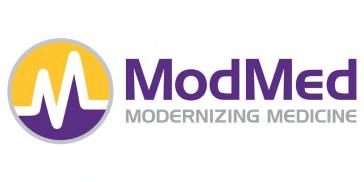
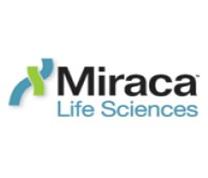
November 2022 – Modernizing Medicine, Inc. (“ModMed”), an EHR technology vendor, entered into a $45 Million settlement agreement with the Department of Justice to resolve allegations of the False Claims Act by soliciting and receiving kickbacks from Miraca Life Sciences Inc. (“Miraca”) in exchange for recommending and arranging for ModMed users to utilize Miraca’s pathology lab services



Kickbacks from Miraca
• ModMed solicited and received kickbacks for recommending and arranging for users to utilize Miraca’s pathology lab services
• A draft letter of intent (LOI) outlined a strategic marketing arrangement for mutual benefit
• Included co-marketing/promotion, joint press releases, and co-development of marketing materials
Improper Donations
• ModMed conspired with Miraca to donate ModMed’s EHR platform to health care providers (HCPs) to increase lab orders and user base
• Exchange of sales leads and data to target new customers for both companies
• Maximized return on investment from Miraca’s EHR platform donations
Payments to Influential Sources
• ModMed paid kickbacks to HCP customers and influential sources to recommend their EHR platform
• Compensation tied to the amount of business generated, not fair market value

“[W]e have seen how common technology, like electronic health record software, can be corrupted to bias certain types of medical decisions. We have also witnessed the proliferation of coding consultants and billing specialists, who are supposed to help providers accurately bill for their services, but sometimes instead find ways for providers to improperly inflate their Medicare payments by upcoding or otherwise submitting unsupported claims.”
Remarks at the 2024 Federal Bar Association’s Qui Tam Conference
OIG has acknowledged the importance of EHR, but has specifically cautioned against pharmaceutical companies assisting providers with their EHR costs, stating “[t]he OIG believes that the efficient exchange of health information between health care providers, practitioners, and suppliers is a laudable goal. However, when the exchange takes place in the context of patient referrals, we must evaluate whether the means used to achieve that goal implicate the anti-kickback statute.” Indeed, arrangements under which a company pays EHR-related vendor fees on a provider’s behalf violate the Anti-Kickback Statute where providers “are relieved of a financial obligation . . .” and payment “could influence a Referring Physician’s decision-making . . . .”
– OIG Advisory Opinion No. 14-03 (April 1, 2014)

“To assess the effectiveness of a company’s compliance program, DOJ will consider three fundamental questions:
• Is the company’s compliance program well designed?
• Is the program being applied earnestly and in good faith? (Is it adequately resourced and empowered to function effectively?)
• Does the company’s compliance program work in practice?”

• DOJ recently updated the ECCP to “account for changing circumstances and new risks” (the “Update”) reiterating the need to continuously monitor and implement policies and procedures that accurately reflect new compliance risks, including the use of new technologies that the company and its employees are using to conduct company business
• The Update specifically called out “new and emerging” technologies, i.e. AI
• New section entitled “Management of Emerging Risks to Ensure Compliance with Applicable Law” addresses whether companies have:
• A process for identifying and managing risks related to the use of (new) technology
• An approach to governance regarding the use of new technologies in its commercial business; and
• Taken steps to mitigate any negative consequences associated with such use when formalizing its corporate compliance program


• All arrangements that involve government health care program dollars should be thoughtfully structured to mitigate fraud and abuse risks (i.e., avoiding undue commercial influence over clinical decision-making)
• Data from third-party arrangements may be of interest, especially for rare disease companies – is the data being appropriately shared/used?
• Collaborative compliance assessments should include looking at these types of non-traditional arrangements
• How is the arrangement being communicated (internally and externally)?


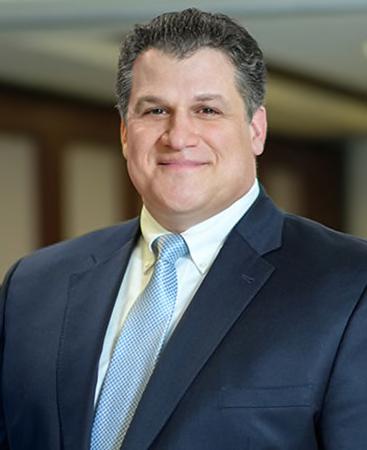
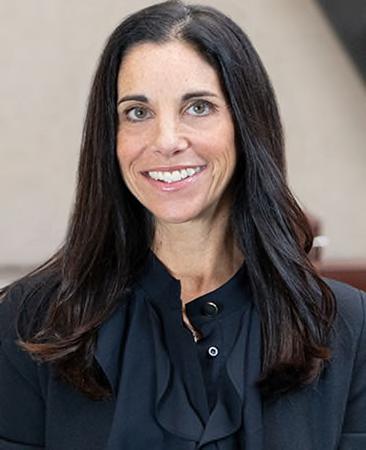
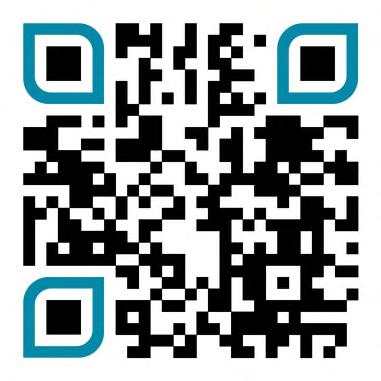
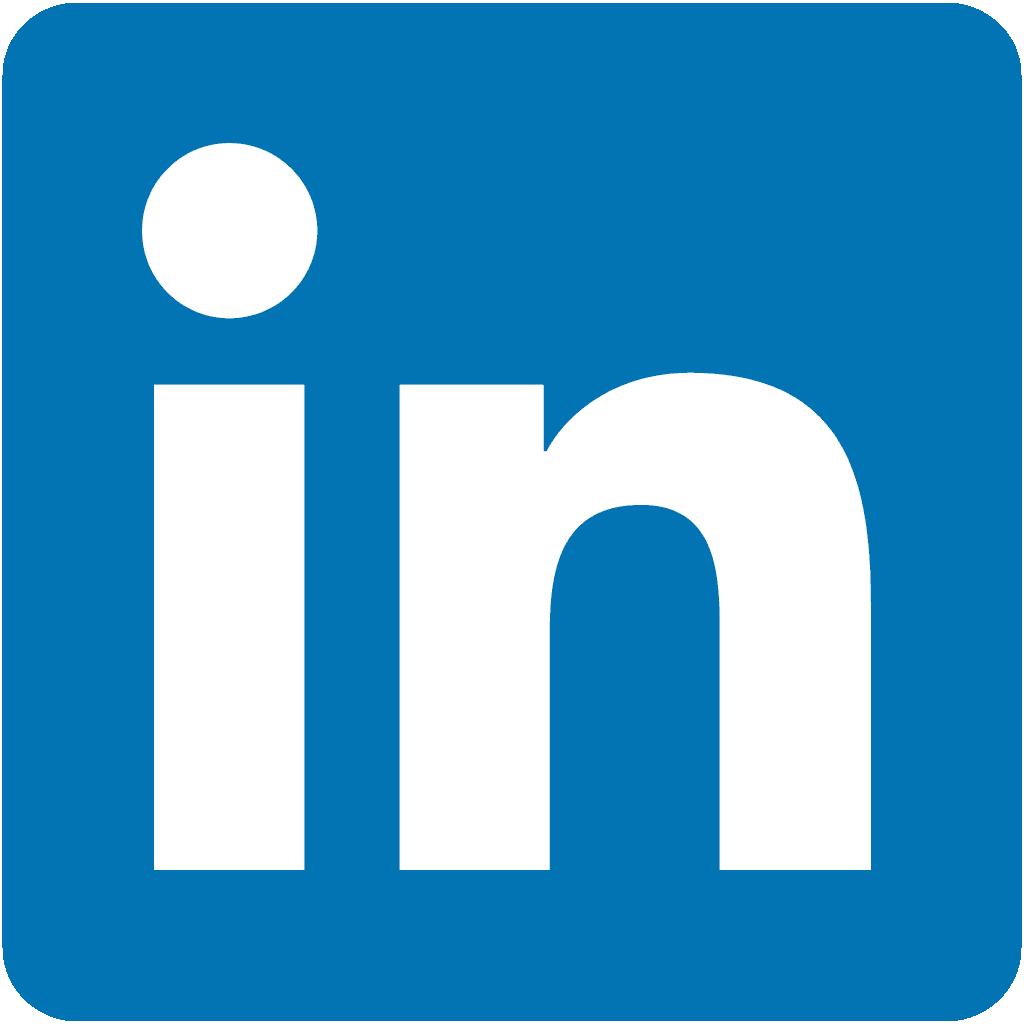





Tuesday, May 20 8:30 a.m.–1 p.m.
100 Southgate Parkway
Morristown, NJ
Join Porzio’s legal team, industry leaders, and regulatory professionals for an in-depth symposium addressing the latest legal and compliance challenges in the life sciences sector.
Critical Topics Covered:
• Price transparency
• Data privacy
• Government investigations
• Evolving compliance requirements
CLE credits pending
Key Takeaways:
• Gain insights from top experts
• Explore best practices
• Stay ahead of regulatory developments shaping the industry